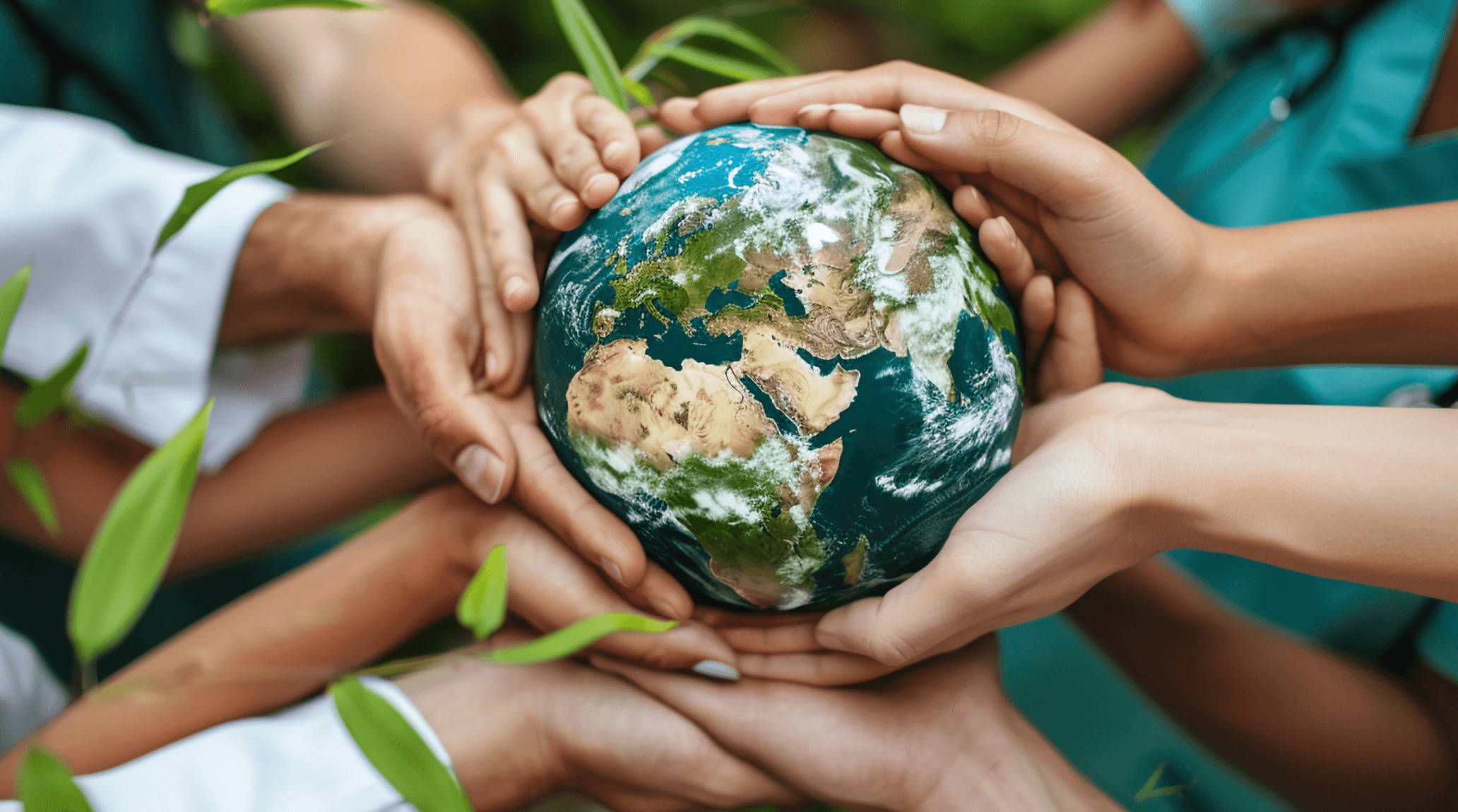
“
Gratitude and mental health are closely linked, creating a powerful foundation for emotional strength and resilience. Practicing gratitude consistently helps individuals experience fewer negative emotions, improves overall life satisfaction, and builds stronger social connections. Scientific studies show that gratitude and mental health enhance each other, with grateful people often reporting lower levels of anxiety and depression. Embracing gratitude as a daily habit can significantly uplift one's mental state and foster lasting happiness.1
1
”
The Roman philosopher Cicero once said, “Gratitude is not only the greatest of virtues but the parent of all others.” His wisdom endures, as modern psychology confirms gratitude's immense power to shape mental wellness.1
Neuroscientific research confirms that expressing gratitude consistently can significantly lower cortisol—the body’s main stress hormone—resulting in lower anxiety levels and greater emotional stability in daily life, even during particularly high-stress situations.2
Writing in a gratitude journal before bed significantly improves sleep quality. The act settles racing thoughts, reduces worry, and promotes calmness—allowing individuals to sleep more deeply and wake up with a refreshed mindset.3

When people regularly express gratitude, they experience a noticeable rise in self-esteem. It helps reduce feelings of inferiority and envy by shifting attention from comparison to recognition of personal value and accomplishments.
Gratitude practices gently stimulate the parasympathetic nervous system, helping lower blood pressure and promote relaxation. This physiological response contributes not only to better mental health but also to improved cardiovascular well-being.4
People with depression or anxiety who engage in gratitude practices often report a reduction in their symptoms. Gratitude helps break the cycle of negative thinking and fosters a more hopeful, forward-looking perspective.5
Developing a daily gratitude habit builds emotional resilience, making it easier to recover from life’s setbacks. It provides psychological armor, helping people reframe challenges as learning opportunities rather than sources of defeat.6
When practiced regularly, gratitude promotes a more optimistic mindset. It trains the brain to notice positive experiences more often, cultivating satisfaction and encouraging individuals to anticipate good things rather than dwell on the negative.7
Engaging in gratitude exercises like noting three daily blessings has been shown to increase people’s energy, motivation, and productivity, partly due to the uplifting emotional state it produces and sustains.8
By focusing on what one already has rather than what is missing, gratitude softens envy and resentment. This emotional shift encourages contentment and reduces the mental strain caused by constant comparison or desire.9
Gratitude strengthens patience and decision-making abilities, especially regarding money and long-term goals. Grateful people are more likely to save, delay gratification, and make wiser choices that contribute to lasting mental well-being.10
Many spiritual traditions encourage gratitude as a foundation for inner peace and transcendence. Individuals who practice it regularly often report a deeper sense of purpose, connection, and fulfillment that extends beyond daily worries.11

Gratitude boosts the release of oxytocin, a hormone associated with trust, bonding, and intimacy. This chemical response deepens social ties and fosters secure, nurturing relationships that support long-term emotional stability.
People who feel grateful are more inclined to make healthy choices, including regular exercise and nutritious eating. This shift results from a deeper desire to nurture the body that enables one’s life and joy.12
Gratitude improves concentration and cognitive function by calming the mind and reducing distractions from worry. This clear-headedness leads to better academic or work performance and improved decision-making in daily life.13
Echoing Cicero's wisdom, Dr. Robert Emmons—one of the world’s leading gratitude researchers—calls gratitude “a relationship-strengthening emotion.” He emphasizes its role in binding people to life, others, and meaning itself. 14
Being thankful nurtures generosity and kindness. Grateful individuals are more likely to engage in helpful acts, creating positive social environments and feeling mentally rewarded through meaningful interpersonal exchanges.15

Gratitude nurtures emotional intelligence by helping individuals recognize and regulate their own emotions while becoming more attuned to others’ feelings, thereby improving interpersonal understanding and social harmony.
In professional environments, gratitude fosters teamwork, lowers conflict, and boosts morale. Employees and leaders who express appreciation cultivate healthier workplaces, which leads to enhanced productivity and improved job satisfaction.16
Brain scans show that gratitude can create lasting changes in brain structure. Repeatedly focusing on thankfulness strengthens neural pathways associated with positivity, making the brain more inclined toward optimistic thoughts over time.17


